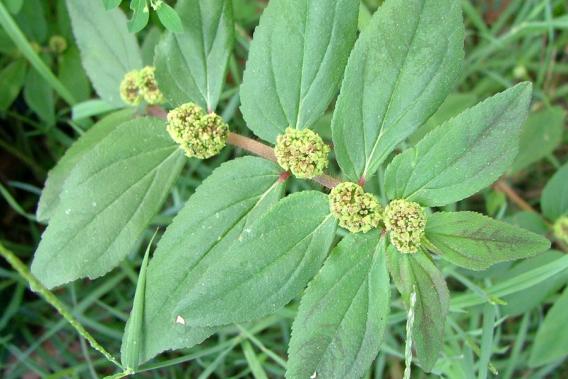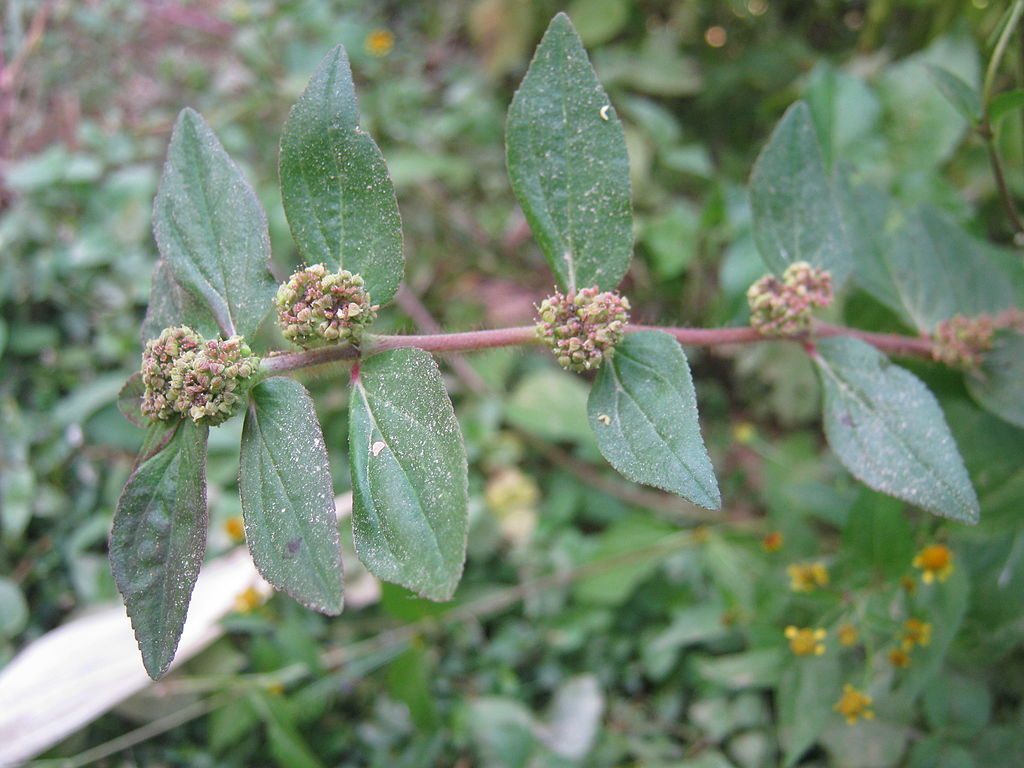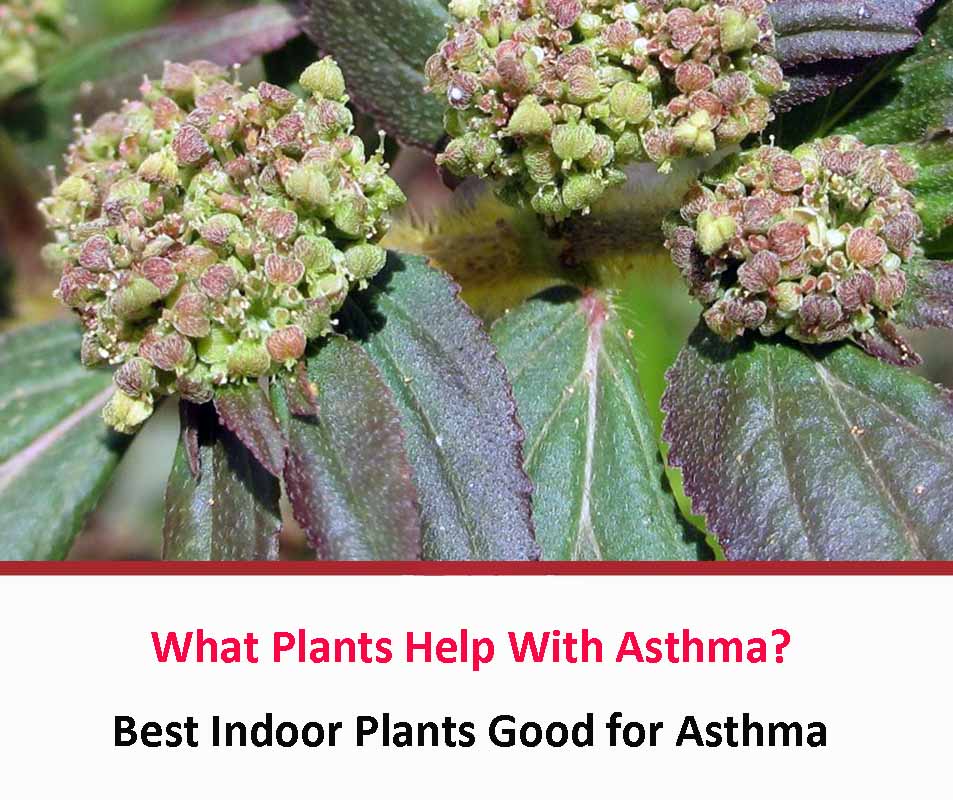When looking for something to relieve asthma symptoms, you cannot underestimate the benefit of fresh air in your home. Usually, indoor air is dry and stable and can contain bacteria and allergen particles, which can easily trigger asthma symptoms.
Moreover, using cleaning products and other electronics can leave chemical particles in the air, decreasing air quality. When making your home allergen and asthma-friendly, you can consider the most simple yet highly affordable way to enhance the indoor air quality, that is, house plants.
Apart from cleaning the toxins, pollutants and leveling up the humidity in the air, these plants are also good for adding a style to your house. As you already know that plants are an excellent yet effective way to improve oxygen levels.
So, here you will find every detail you need to know about the asthma-friendly plants you can use in your house.
Are House Plants Good For Asthma?
Contents
Keeping indoor plants is an affordable way to enhance the air quality, yet many people underestimate the things they can do to people living with asthma. Apart from being aesthetically pleasing, they can also get rid of pollutants and freshen up the air.
The best part of having indoor plants is that they help boost the oxygen level in the atmosphere. Recent studies carried out by NASA prove that indoor plants are great for people with asthma but only if they are in proper condition. That means plants can also have adverse effects. So, it is essential to understand the type of plant that could help relieve the symptoms of asthma.
What Plants Help With Asthma?
If you want to benefit from the purifying power of houseplants, you better add some plants to your bedroom and living room. So, here is a list of plants that are asthma-friendly.
- Peace lily
- Snake plant
- English ivy
- Bamboo palm
- Areca palm
What Plants Are Bad For Asthmatics?

Apart from plants that help relieve the symptoms of asthma, some plants can trigger the symptoms of asthma or even make the situation worse.
In addition, you should know that some plants can deter the air quality by releasing pollen particles and molds into the atmosphere.
So, it would be better for you to avoid placing such plants in your house. To help you out, here is a list of plants that are bad for asthmatic people.
- Ryegrass
- Pellitory weed
- Paterson’s curse
Apart from these plants, there are some street trees too which would deter the indoor air quality like birch, elms, and oaks.
Plants That Cause Allergies
While plants purify our surrounding atmosphere, some house plants can trigger the symptoms of allergies.
So, people living with asthma should avoid the plants mentioned below.
-
Birch
Birch can trigger allergic symptoms during the spring as it realizes pollen particles. You might experience sneezing, and in some cases, their pollen particles can cause allergies. You would find these plants growing in the continental U.S.
-
Cedar
These brooms and trees, including cypresses and junipers, and 70 different species can cause various allergies. You should know that their seasons of pollen are too long. That means if you keep this plant indoors, the pollen particles will be around for a while.
-
Ragweed
This species of plant can grow anywhere, which is the most common allergy trigger in North America. However, you should know that their pollen season could range from August to November. Apart from this, windy, dry, and hot days can make it worse for asthmatic people.
Houseplants That Relieve Allergies

The best way to improve the air quality of your house, you can use the purifying power of houseplants. Here is a list of air-purifying plants that can relieve the symptoms of houseplants.
-
Peace Lily
The peace lily is one of the best houseplants that has effectively removed the volatile organic compounds in the air. However, you should know that the leaves of this plant are mildly toxic to animals and humans. So, it would be better for you to keep it away from the pets and children.
-
Snake Plant
Another evergreen perennial plant is great for removing airborne toxins like benzene, nitrogen, formaldehyde, etc. The snake plant is a fastly growing species, which requires minimal maintenance. These plants favor bright light but have the ability to tolerate low-light areas for an extended period. You should not overwater this plant as it will rot in moist soil. However, you should keep this plant away from your pets as its leaves are toxic.
-
English Ivy
This plant species is extremely popular outdoors as one can easily take care of it. However, you should know that English ivy needs plenty of regular water and sunlight to grow properly. The best part is that these plants are best for absorbing xylene, formaldehyde, benzene, and toluene. In addition, recent studies have shown that these plants are effective in removing volatile organic compounds from the air.
Best Indoor Plants For Asthma And Allergy Sufferers
Are you still confused about which house plant would be best for allergy and asthma sufferers? If yes, well, you don’t have to worry now because we have curated a list of the top indoor plants that are good for allergy and asthma sufferers that help relieve the symptoms. Apart from this, there are also great for decorating your indoors and purifying the air quality.
So, let us discuss those asthma-friendly plants.
-
Bamboo Palm
The bamboo palm is among the slow-growing small palms, perfect for adding style to your bedroom and living room. You should know that it is a natural humidifier, which will help control the moisture and keep the atmosphere balanced.
-
Areca Palm
Areca palm is another great humidifier that releases plenty of moisture into the atmosphere. People having asthma problems can use this plant to control the humidity indoors. You should know that this plant is great at absorbing pollutant particles from the air.
Final Words
Now you know which plants are better for people living with allergies and asthma.






